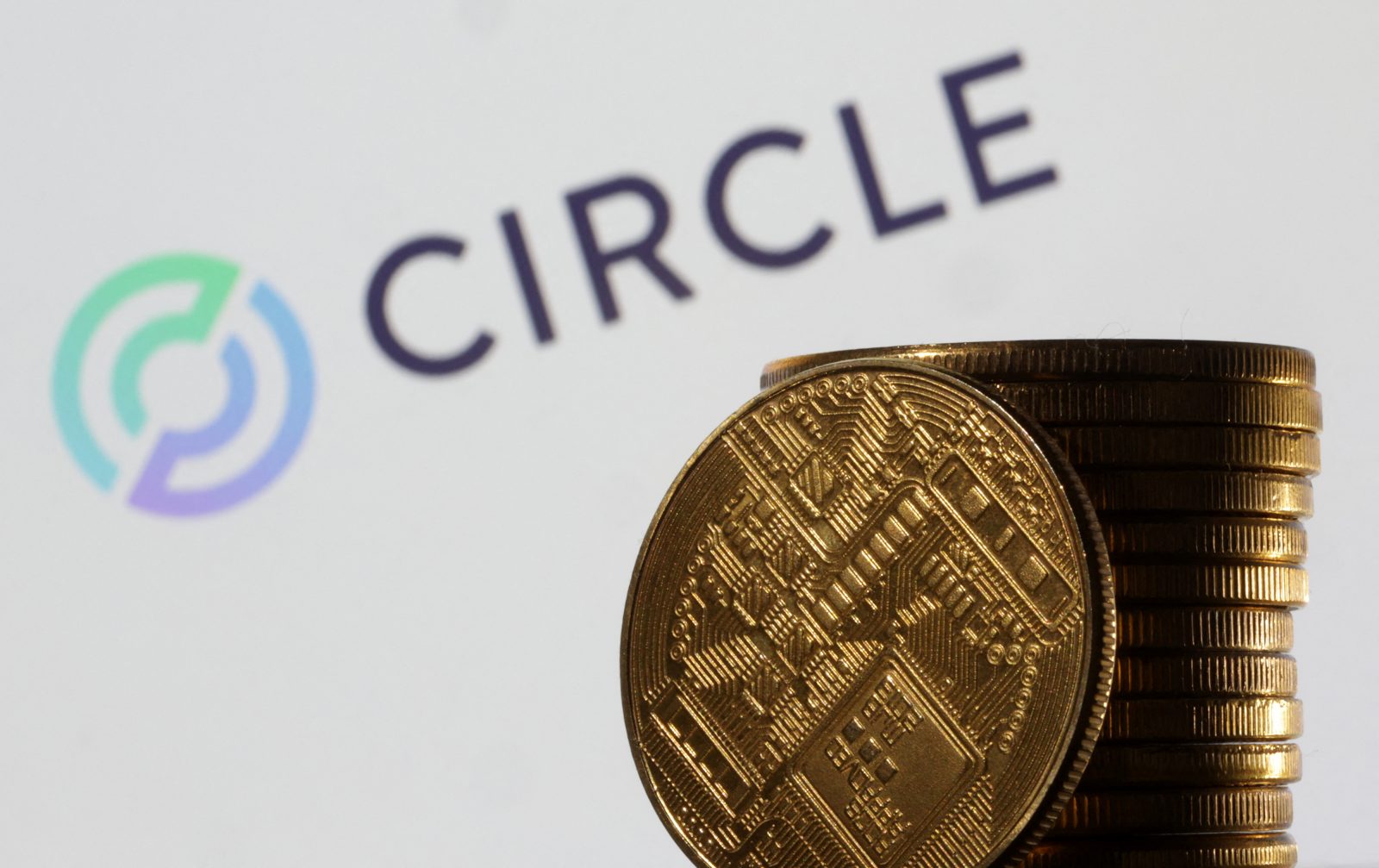
Circle, a leading stablecoin issuer, has become the first global company to receive an Electronic Money Institution (EMI) licence under the European Union’s (EU) new Markets in Crypto Assets (MiCA) regulatory framework.
The e-money licence was issued by France’s banking industry regulator, Autorite de Controle Prudentiel et de Resolution, or ACPR.
This approval allows Circle to officially offer its USDC and EURC stablecoins to European customers starting July 1, 2024.
Stablecoins are a type of cryptocurrency designed to have a stable value by being pegged to a traditional currency like the United States dollar.
They are used to avoid the volatility of other cryptocurrencies and facilitate quick trades and transactions. The MiCA framework provides clear regulations for this type of crypto and positions them as legal electronic money.
Circle’s new licence marks a significant step for the crypto market because it will integrate stablecoinsinto mainstream finance, payments, and commerce.
Circle has a history of pioneering in the regulatory space, holding licences such as Electronic Money Transmission Licences in the US, a New York BitLicence, and an E-Money Issuance licence in the UK.
Now, with the MiCA-compliant E-Money Token issuer license for both USDC and EURC, Circle France will serve as the headquarters for its European financial activities. European customers can now access USDC and EURC via Circle Mint France.
This move gives Circle a competitive advantage in the EU’s 27-nation bloc. USDC, which currently has a valuation of $32 billion, is the second-largest stablecoin after Tether’s $110 billion USDT.
Circle’s EMI license, granted by France’s banking regulator ACPR, allows the issuance of EURC and USDC from within the EU.
Previously, some crypto exchanges delisted euro-denominated stablecoins like Tether’s EURT before MiCA’s stablecoin rules took effect on June 30.
This licencing follows the EU’s enactment of MiCA, a comprehensive which became enforceable in May 2023.
It includes stringent rules for stablecoins. Companies, for instance, must cease issuing non-euro-denominated stablecoins used as a “means of exchange” if they exceed 1 million transactions or €200 million in value per day.
Read more: Russia Declares State Of Emergency In Two Regions Affected By Forest Fires
Meta Announces Monetisation For Nigerian, Ghanaian Facebook Creators
About The Author
Related Articles
Ivory Coast to Buy Unsold Cocoa to Support Farmers
Ivory Coast has announced a government plan to purchase unsold cocoa stock...
ByWest Africa WeeklyJanuary 23, 2026Ghana Moves to Reclaim Kwame Nkrumah’s Former Residence in Guinea
Ghana has embarked on a diplomatic and cultural initiative to reclaim the...
ByWest Africa WeeklyJanuary 23, 2026Senegal Honors Players and Coach After AFCON Triumph
Senegal has formally honored its Africa Cup of Nations winning team, awarding...
ByWest Africa WeeklyJanuary 23, 2026Burkina Faso, Mali, and Niger Turn to Russia for Shared Telecom Network
Burkina Faso, Mali, and Niger have announced plans to develop the Sahel’s...
ByWest Africa WeeklyJanuary 23, 2026












